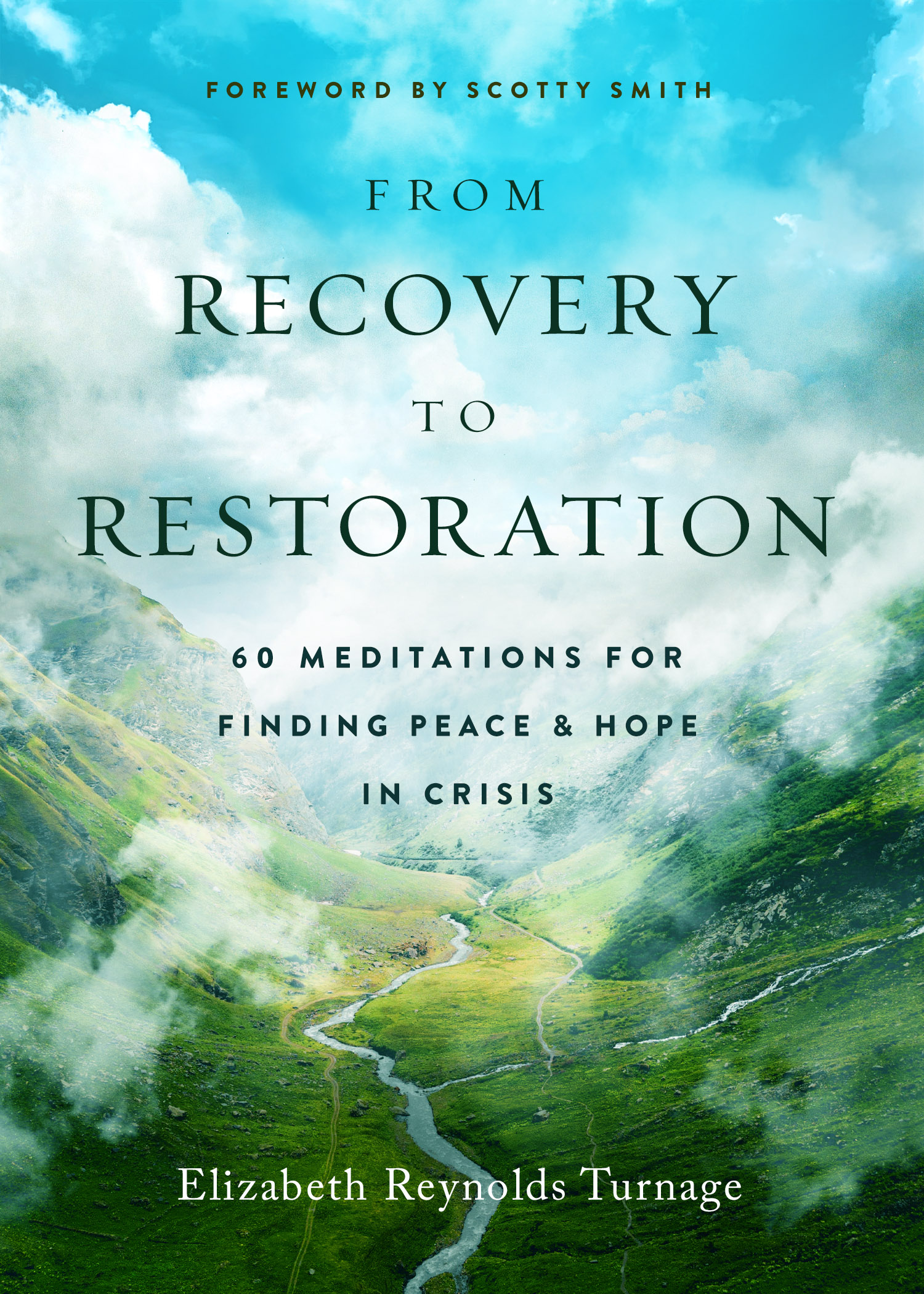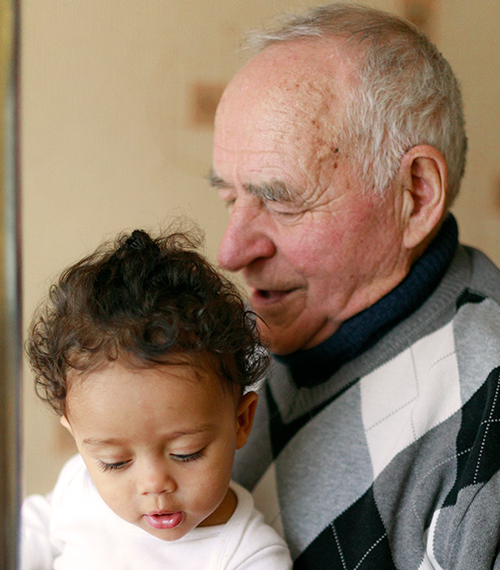Freedom from Addiction: A True Story
Freedom from Addiction: A True Story
Today, as we continue our celebration of gospel freedom I am asking an important question:
Is there such a thing as freedom from addiction?
Since I work in jail ministry (note about jail ministry — prayers that we can go back in soon), I ask this addiction question of myself and others frequently, since nine out of ten women we see are in for addiction-related charges. It became particularly poignant recently, in a story I am calling:
“I DON’T KNOW.”
We were wrapping up our Bible study and saying good-byes to the ladies at the jail when she tapped me on the shoulder. She had short strawberry blond hair that looked like it might have been chopped at the neck with a pair of kids’ scissors. When she opened her mouth to speak, the trademark dentalgia of a meth addict showed itself. Most of her teeth had been stolen by the greedy burglar.
“Pray for me.” She hadn’t been at Bible study, but she must have heard me asking for prayer requests and decided to take me up on it. “I’m getting out on Friday, and I don’t want to go back to drugs. This is the first time I’ve gotten out of jail and didn’t want to go back to drugs. I asked God to help me get off drugs, and that afternoon, I ended up in here.”
I looked at her, feeling deep compassion for her struggle, having heard that beating meth addiction is at least as hard as a camel going through an eye of a needle and probably ranks right up there with moving mountains.
She began to weep silently as she repeated her desire, “I don’t want to go back on drugs.”
“I know,” I said.
“You don’t know,” she replied, not unkindly.
“I don’t know,” I said. “You’re right. I don’t know.”
She went on, explaining, “No. You don’t know—I was a prostitute, and I don’t want to do that no more. I want to get off the drugs and off the streets.”
Had she been sitting at a nearby table when Mary, my co-worker, taught about how Jesus loved the adulterous Samaritan woman? Had she heard me say that we need community because Satan loves to isolate us in our shame and make us think that our shame is worse than anyone else’s?
She was right—I don’t know. I don’t know her story. I don’t know what it’s like to sell my body to buy a drug that destroys it. I don’t know what it’s like to try to escape monstrous addiction that claws at you day and night.
I do know this. God knows. God knows her story, and he loves her (Psalm 139:1-6).
I do also know that God makes no distinctions between M. as we’ll call her and me (Romans 10:12). I do know that God is the Lord of meth addicts and Facebook addicts and pornography addicts and sports addicts and clothes addicts. I know that God is the Lord who pursues actual prostitutes as well as those like me who sometimes sell him out for the sweet high of approval or fleeting moment of bringing fame to myself (John 4).
And I know that same God is the God of profound grace who forgives those who cry out to him for salvation (2 Chronicles 7:14).
I don’t know what will happen to M. when she leaves the jail. I do know I will continue to cry out to the God who knows her and loves her and has saved her, the God who knows me and loves me and has saved me.
A Prayer about Addiction:
Lord, we all need your grace. Daily, moment by moment, we seek to be filled by gods who are not You. And we know that there are some struggling with addictions that will kill them and harm others. We lift them up to you, asking you to pour out your abundant grace on them. Help them and us keep coming back to you to be filled, moment by moment, day by day. In Jesus’ saving name we pray, Amen.
Do you know someone who needs to hear this message? Please share using one of the tabs below.
Get Hope for Troubling Times
Advance Review for From Recovery to Restoration
"When the storms of life crash into our lives, the devastation left behind is often overwhelming. Recovery and healing is slow and arduous. Elizabeth Turnage's devotional is for all those laboring toward recovery. From Recovery to Restoration is a hope-filled, gospel-laced, and Christ-exalting book which invites us into God's story of redemption and helps us see how he is at work to redeem and restore all things, even the aftermath of our personal losses, heartaches, and trials."
Christina Fox
Writer, Counselor, Speaker
author of A Heart Set Free: A Journey to Hope Through the Psalms of Lament.










![When’s the last time you highlighted your weakness?
Therefore I will boast all the more gladly in my weaknesses, so that the power of Christ may rest upon me. 2 Cor. 12:10
All-Powerful God,
We confess,
we in Western culture
crave power, control, and independence.
The last thing we want
is to seem weak.
And yet, weakness is the way of Christ,
so it must be our way as well.
The apostle Paul understood that,
so in the face of accusations
that he wasn’t an apostle,
he countered the boasting of the “super-apostles”
with some boasting of his own:
“If I must boast,
I will boast of the things
that show my weakness” (2 Cor. 11:30).
And then he mentions how he was lowered in a basket through the window of a wall in Damascus, of all places,
a place he went to persecute Jews only to be knocked down on the road,
struck blind, by his Lord and Savior himself.
Paul shares many other weaknesses in 2 Corinthians,
a book that’s all about weakness as the way
of followers of Christ.
He asked that you would relieve him from a “thorn in the flesh,”
but you did not.
Instead, you said,
“My grace is sufficient for you,
for my power is made perfect in your weakness” (2 Cor. 12:9).
Lord, we know we really are weak —
[for each of these areas, name any weaknesses you have]
weak in our bodies,
weak in our work,
weak in our wills,
weak in our faith,
weak in our hope,
weak in our love.
We believe
that you your power is made perfect
in and through our weakness.
Help our unbelief.
In Jesus’s name. Amen.
Read 2 Corinthians 11:30-12:10.
#Dailyprayer #devotional
#hopewriterlife #goodnewsfeed #votd #Biblestudy #dailydevotions #grace #dailyverse #womensministry #aging
#gospelshaped #shereadstruth #womenoftheword #christianliving](https://www.elizabethturnage.com/wp-content/plugins/instagram-feed/img/placeholder.png)